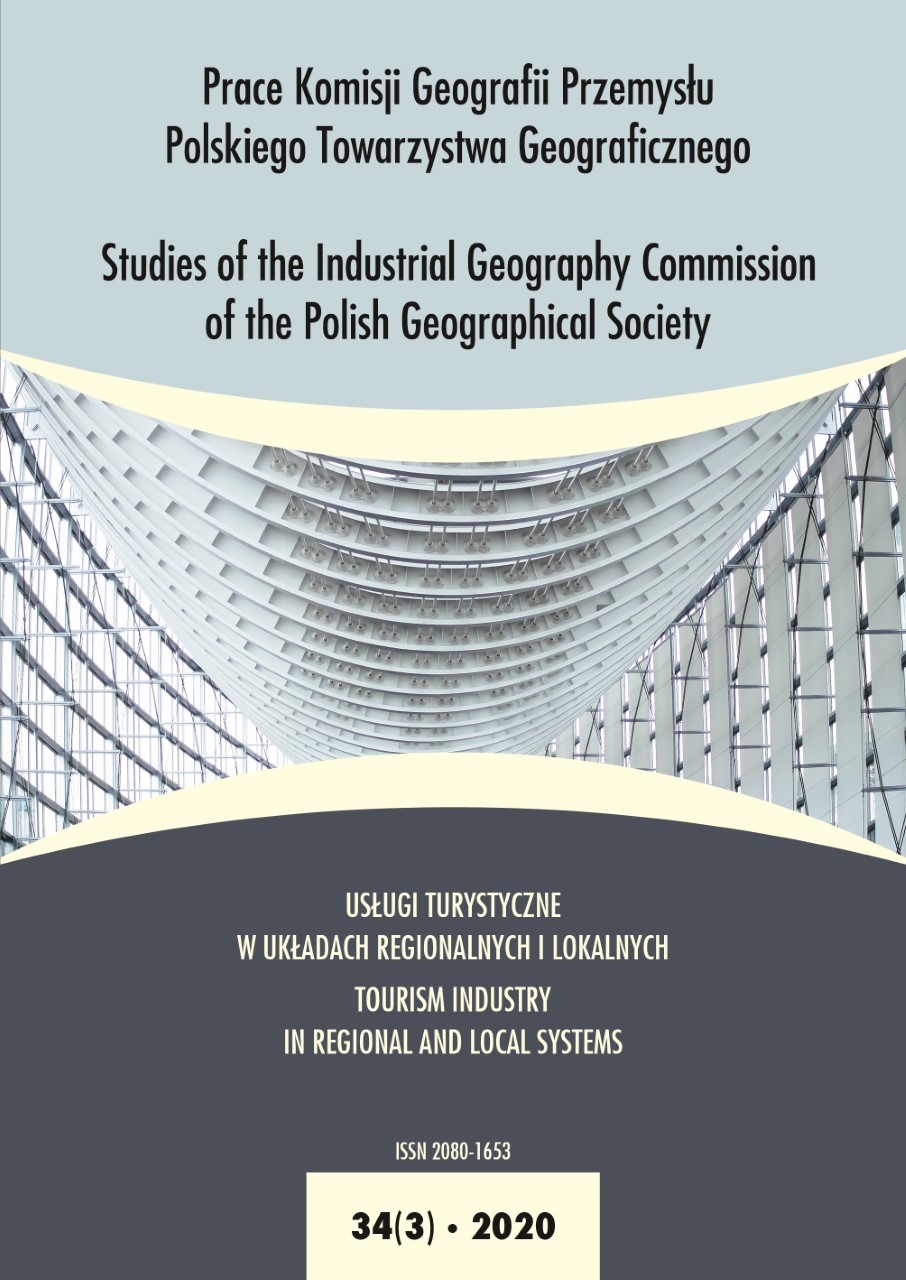Irkutsk as a Potential Growth Point of Greening Processes in Russia
DOI:
https://doi.org/10.24917/20801653.343.12Słowa kluczowe:
Baikal, economic-geographic position, environmentally friendly goods, greening, Irkutsk, public consciousnessAbstrakt
Greening has no alternatives in contemporary world. Yet in Russia another process is taking place - the weakening of environmental consciousness in the conditions of economic backwardness. Our hypothesis is that the only hope is connected with some local breakthroughs and one of them can occur in Irkutsk due to its geographic position. The proximity to the Lake Baikal must influence the mentality of the citizens, which has already been demonstrated once, in the time of Perestroyka. There existed an enormous public activity in Irkutsk with the slogans of closing Pulp and Paper Plant on the bank of Baikal. To analyse this idea, the geographic position is thoroughly considered. Also, a sociological survey was undertaken in the framework of our investigation. This survey showed the high level of Baikal patriotism, as well as some tendencies of forming consumer’s consciousness of the quality of the goods purchased. The market of environmentally-friendly products in Irkutsk was analysed, including the one of food supplements developed by local specialists. This market is in the initial stages of its existence, but it does exist and it is a source of hope.Downloads
Metrics
Bibliografia
Baransky, N.N. (1980). Economic-Geographic Position. In: N.N. Baransky. Selected Works. Formation of Soviet Economic Geography. Moscow: Mysl, 128–159.
Batciun, N.V., Jakobson, A.Ya. (2018). Ecologization of Business as Innovation Trend of Postindustrial Economy. The European Proceedings of Social & Behavioural Sciences, 6(147–155). doi: 10.15405/epsbs.2018.12.19
Collin, P.H. (1995). Dictionary of Ecology and the Environment. Teddington, Middlesex: Peter Collin Publishing.
The Dairy News Region: Russia (2019). Retrieved from: http://www.dairynews.ru/news/gryadet-globalnyy-peredel-rynka-organicheskikh-eko.html
Goldfarb, S. (1996). Baikal Syndrome. Irkutsk: “Komsomolskaya Pravda – Baikal” Agency.
Jakobson, A.Ya., Blinov, I.D. (2014). Multi-Scale Approach and “Playing Scales” in Economic Geography. In: Wplyw kryzysu gospodarczego na przemiany struktur przemyslowych. Impact of the Economic Crisis on Change of Industrial Structures. Krakow, 211–218.
On September 7, the Environmental Campaign “360” will be Held on Lake Baikal in a New Format (2019). Retrieved from: http://www.irk.ru/news/20190815/ecology/
Panayotou, T. (1993). Green Markets: the Economics of Sustainable Development. San Francisco: ICS Press (Institute for Contemporary Studies), 169.
Piskóti, M. (2015). The Role of Environmental Identity in the Development of Environmentally Conscious Behavior: PhD thesis. Budapest, 26.
Schlegelmilch, B.B., Bohlen, G.M., Diamantopoulos, A. (1996). The Link between Green Purchasing Decisions and Measures of Environmental Consciousness. European Journal of Marketing, 30(5), 35–55.
Volunteer Programs in Russia. Great Baikal Trail (2020). Retrieved from:: http://travel-soul.ru/volontyorskie-programmy/
Yakobson, A.Ya, Lidin, K.L. Batsyun, N.V. (2018). Place Images and Marketing Promotion of a City (Exemplified by Irkutsk). Geography and Natural Resources, 4, 150–158.
Pobrania
Opublikowane
Jak cytować
Numer
Dział
Licencja
Artykuły publikowane są zgodnie z warunkami licencji Creative Commons (CC BY-ND 4.0; uznanie autorstwa-bez utworów zależnych).

